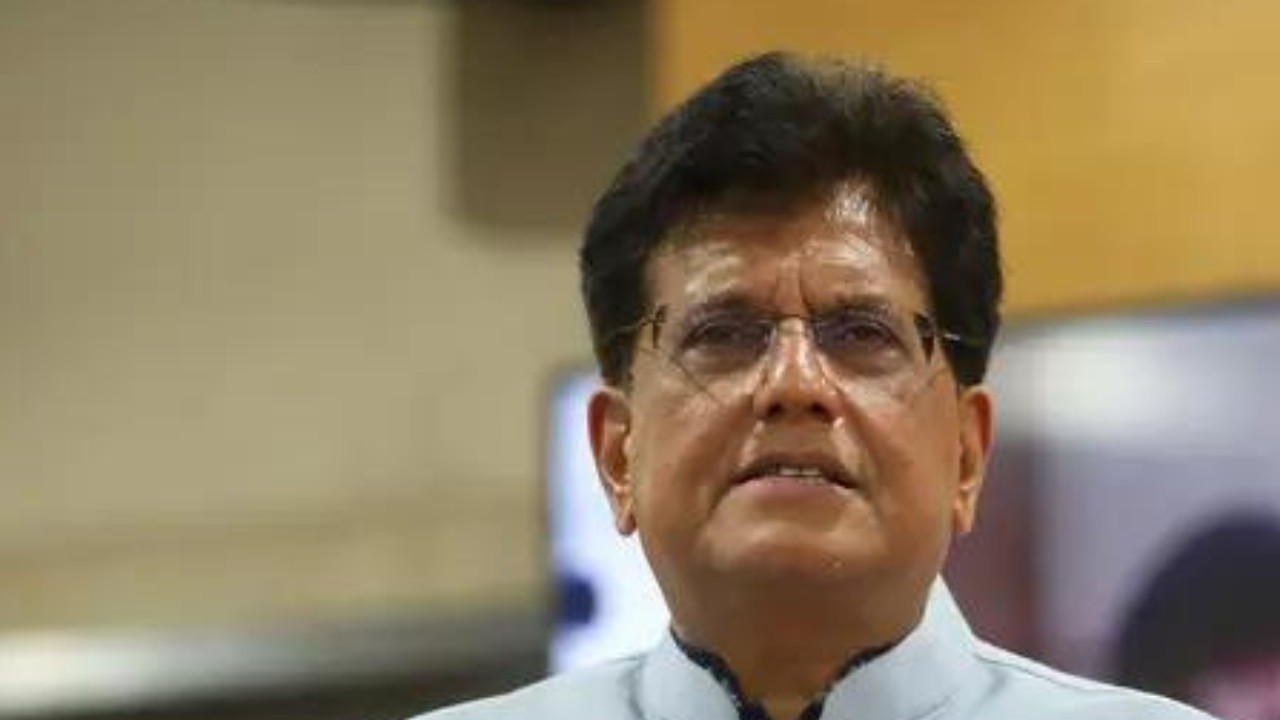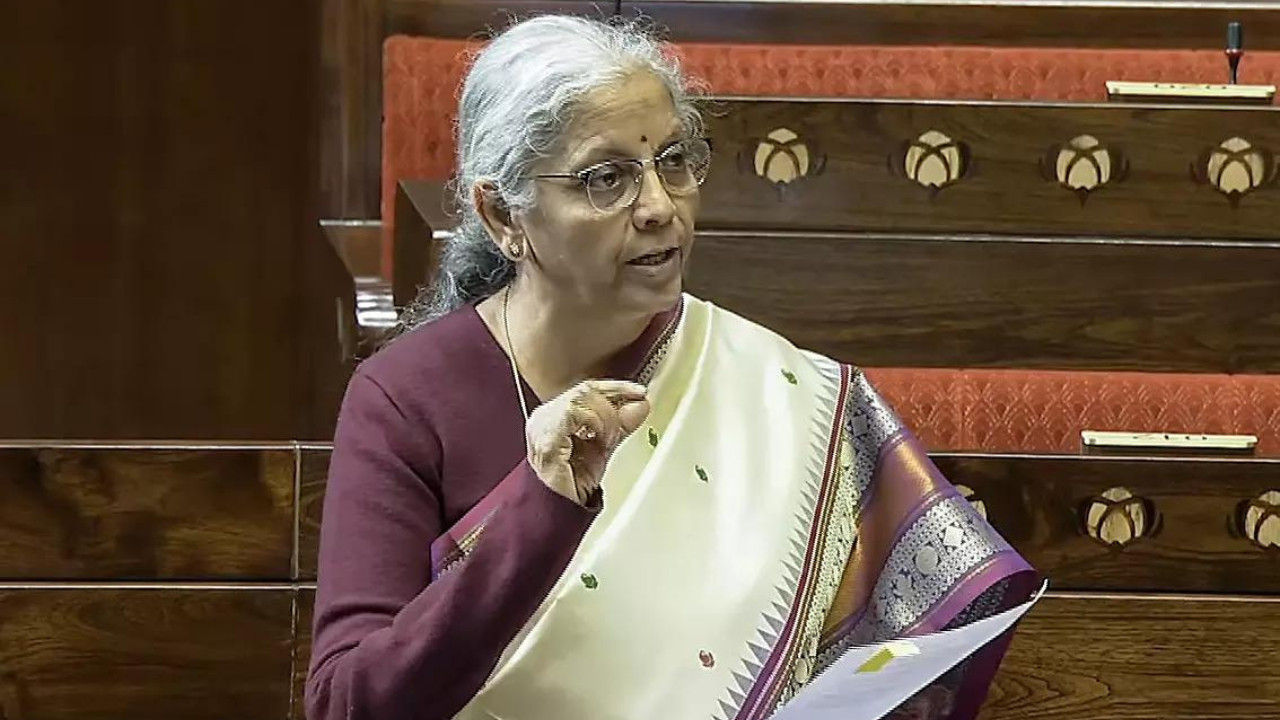Piyush Goyal, the Commerce and Industry Minister, stated that free trade agreements (FTAs) with countries like Australia, UAE, UK, and EFTA will provide Indian farmers with enhanced market access. He emphasized the reduction of non-trade barriers and the opening of new markets for the agricultural sector through these agreements.
Sowing the Seeds of Global Opportunity: How Free Trade Agreements Can Empower Indian Farmers
For generations, Indian farmers have been the backbone of our nation, cultivating not just crops but also the very foundation of our economy. But in an increasingly interconnected world, are we giving them the tools they need to truly thrive? Commerce and Industry Minister Piyush Goyal thinks so, and he’s betting on Free Trade Agreements (FTAs) to unlock a new era of prosperity for India’s agricultural sector.
Forget the image of farmers toiling in isolation. Goyal envisions a future where Indian produce is gracing tables across the globe, and FTAs are the key to opening those doors. During a recent address, he emphasized the potential of these agreements to provide our farmers with significantly enhanced market access. It’s not just about selling more; it’s about accessing better prices and diversifying income streams, protecting them from the volatility of domestic markets.
Leveling the Playing Field: The Promise of FTAs
The core idea behind FTAs is simple: reduce or eliminate tariffs and other trade barriers between participating countries. For Indian farmers, this translates to a more competitive landscape. Imagine competing in a global marketplace where the playing field is leveled, where your high-quality produce isn’t automatically priced out by hefty import duties. That’s the promise of FTAs.
The minister highlighted that negotiations are underway with several key economies, each representing a potentially lucrative market for Indian agricultural goods. These aren’t just theoretical benefits; they’re tangible opportunities waiting to be seized. Think of the premium placed on organic produce in European markets, or the growing demand for diverse fruits and vegetables in Southeast Asia. Indian farmers are uniquely positioned to capitalize on these trends, provided they have the access.

Addressing Concerns and Ensuring Fair Competition
Of course, the implementation of FTAs isn’t without its challenges. Concerns about potential competition from cheaper imports are legitimate, and the government needs to address them proactively. Goyal stressed the importance of safeguards to protect domestic industries, ensuring that Indian farmers aren’t unfairly disadvantaged. He also emphasized the need for robust quality control measures to maintain the reputation of Indian agricultural products in international markets. This includes rigorous adherence to international standards and certifications, which will boost confidence among foreign buyers.
Furthermore, the government is focused on providing adequate support to farmers to enhance their competitiveness. This includes investments in infrastructure, such as cold storage facilities and transportation networks, to reduce post-harvest losses and improve the efficiency of the supply chain. Providing access to the latest agricultural technologies and best practices will also play a crucial role in enhancing productivity and improving the quality of Indian produce.
Beyond Exports: Strengthening the Entire Ecosystem
The benefits of FTAs extend far beyond simply increasing export volumes. They can also stimulate innovation and investment in the agricultural sector. As farmers gain access to new markets, they are incentivized to adopt more efficient farming practices, diversify their crops, and improve the quality of their produce. This, in turn, can lead to the development of new agricultural technologies and services, creating new jobs and opportunities in rural areas.
Moreover, increased trade can foster greater collaboration and knowledge sharing between Indian farmers and their counterparts in other countries. This can lead to the adoption of best practices in areas such as water management, soil conservation, and pest control, contributing to more sustainable and resilient agricultural systems. To understand more about sustainable agriculture in India, explore our article on [Climate-Smart Agriculture Initiatives in India](internal-link-here).
Empowering Farmers Through Knowledge and Support
Minister Goyal has frequently spoken about the need to empower farmers with the knowledge and resources they need to succeed in the global marketplace. This includes providing them with access to information about market trends, quality standards, and export procedures. The government is also working to streamline the export process, reducing bureaucratic hurdles and making it easier for farmers to access international markets.
The message is clear: FTAs are not just about trade; they’re about empowering Indian farmers to realize their full potential. By leveling the playing field, fostering innovation, and providing the necessary support, these agreements can pave the way for a brighter future for India’s agricultural sector. As these trade partnerships blossom, we can anticipate a ripple effect of positive change across the nation’s heartland.





